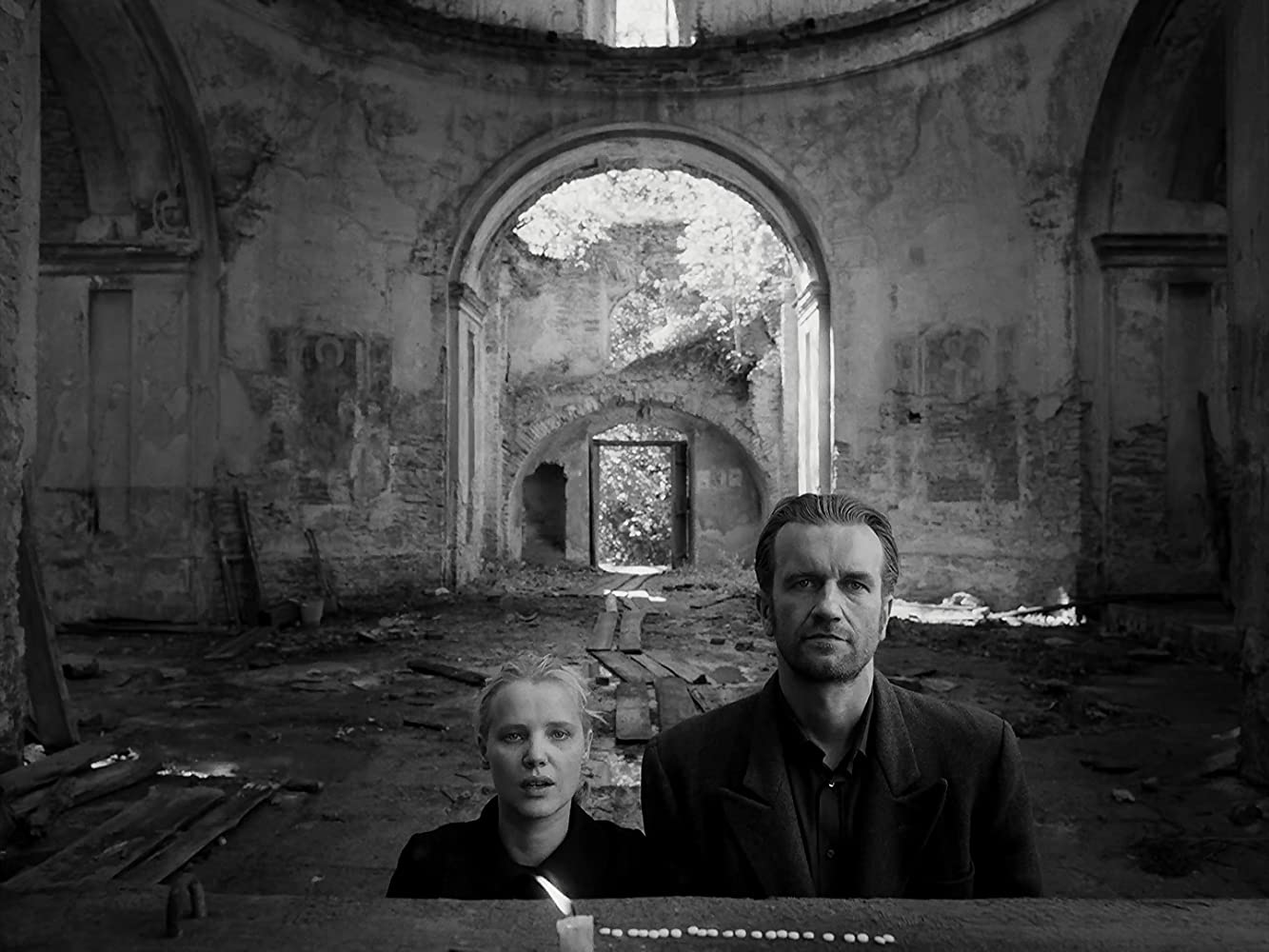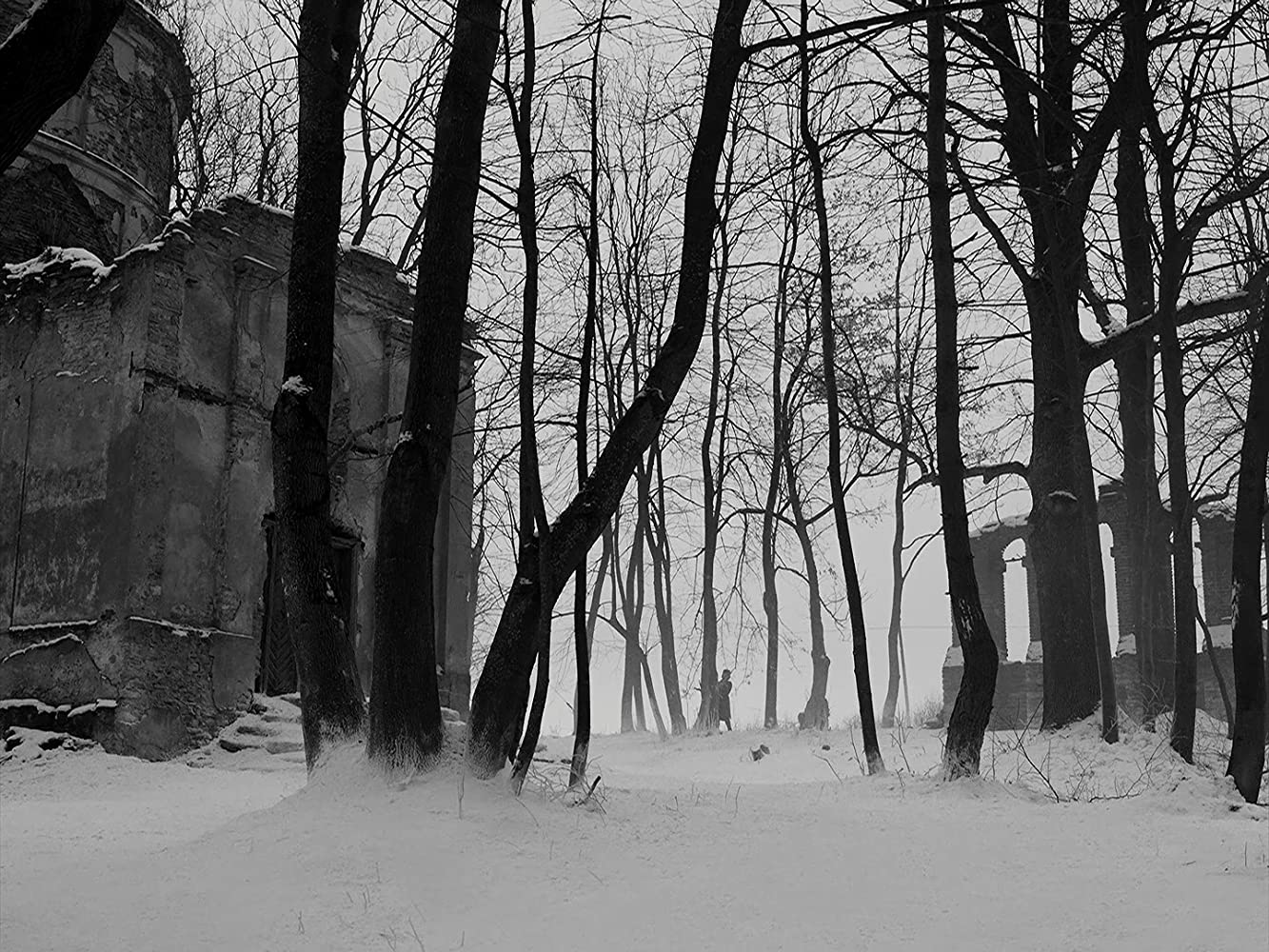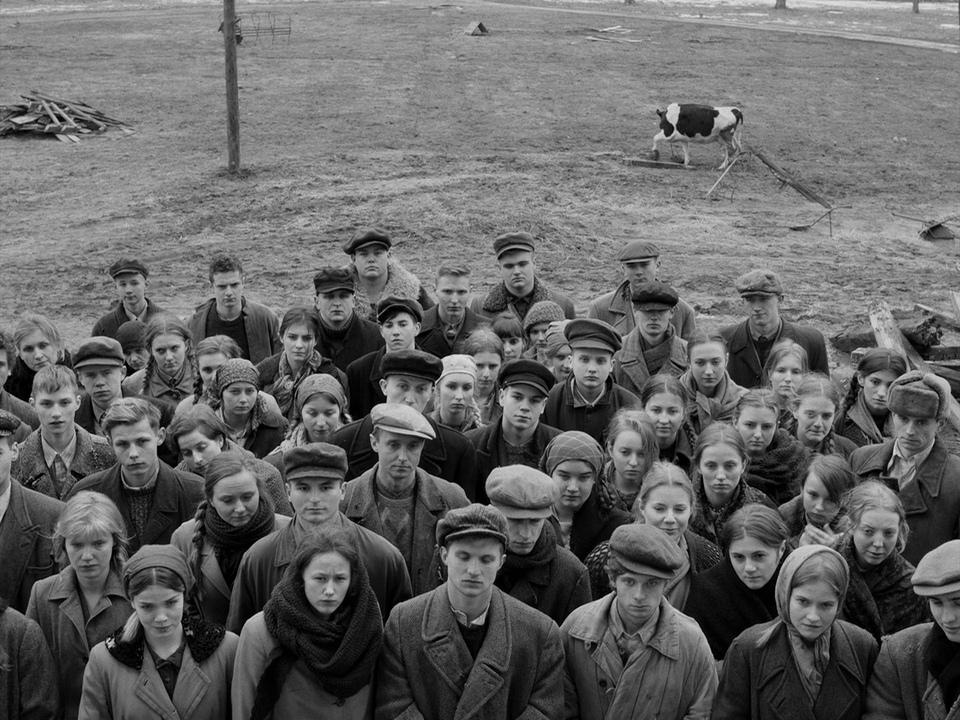By Guy Atoun, 2nd Year Law
How does love persist amongst fear and anxiety when the future seems bleak? Guy Atoun explores the critically-acclaimed Cold War (2018) and its enduring tale of romance amongst the frosty backdrop of political uncertainty.
The past few months have been befuddling to say the least. These times of ambivalence have not only altered the way we carry out our daily conduct but also affected our attitudes towards one other. In spite of the numerous technological platforms which seek to replace our coveted reunions with our families and friends, a universal feeling of loneliness seems to surmount many of us who merely wish for a warm hug from our loved ones - notwithstanding the animadvert responses we may receive for it.
Another unfortunate situation may be for those who are compelled to reside on their own, without the reassuring feeling of having people around them. Consequently, many questions have been thrown around concerning how one should adapt to this new way of living.

Most relevant to this article, questions have been raised in relation to modern relationships and the extent to which the current state of affairs should determine their forthcoming future. These questions are especially substantive for those individuals whose relationship is still fairly new, often necessitating the distressing discourse with our counterpart. Accordingly, it may be interesting to analyse a recent cinematic masterpiece whose message seems to be subsist now more than ever.
Pawel Pawlikowski’s 2018 historical drama Cold War is a beauteous black-and-white film set in Poland and France during the- you guessed it- Cold War from the late 1940s until the 1960s. What at first seem to be a cultural exploration of music in post-war rural Poland turns into a powerful love story between Wiktor (Tomasz Kot) and Zula (Joana Kulig) as their relationship attempts to endure an avalanche of hardships throughout these daunting political hostilities.
These times of ambivalence have not only altered the way we carry out our daily conduct but also affected our attitudes towards one other
Both performances evoke a truthful, yet heart-breaking tone that is clearly a consequence of the constant ambiguity surrounding their future in light of the socio-political state at the time. Their deep passion for one another is often hastened and repeatedly hidden from those around them, illustrating their inability to elaborate upon their affection towards each other and pursue in something more fulfilling for the majority of the film.
Even with streaming, we should cherish independent cinemas
This is exemplified by the incredibly short- albeit unsurprising when considering Pawlikowski’s filmography- runtime which is largely comprised of the various episodic moments they spent together throughout this time period. Despite these cinematic reminders and detrimental state of affairs, their bond remains potent throughout this impeccably sharp narrative that seldom wastes any time in furthering the story.

As mentioned earlier, music plays a key role in this film. Along with bringing Wiktor and Zula together, it remains a major part in both characters’ lives, with Wiktor’s understanding of music and piano capabilities leading him to a career as a conductor and Zula’s powerful voice leading her to successful run in his ensemble. The song 'Dwa Serduszka Cztery Oczy' is played numerous times throughout the picture, initially sung by a young Polish girl in the beginning of the film, later becoming a trademark track for Zula’s career.
The song at one point even receives a translation to a jazzy French tune that results in a heated conversation between Wiktor and Zula about the artistic integrity of such translation. Nevertheless, irrespective of the language/form in which it is sung or the country in which it is played, the original lyrics of the song such as ‘’You can’t be together’’ and ‘’I will love him until the end’’ maintain their saddening validity throughout the entirety of the film.
Their relationship attempts to endure an avalanche of hardships throughout these daunting political hostilities
Although the context in which this relationship ensues may differ from the current state of affairs, its significance remains especially paramount. Ultimately, Wiktor and Zula’s romantic struggle emerges due to their inability to understand the meaning of their affection towards each other. At one point Zula confesses to Wiktor that she lacked confidence in herself to be able to pursue in something that is evidently frightening but which would finally cement their love for one another.

This fear of letting unprecedented predicaments determine our attitudes towards our counterpart epitomises the process that many individuals have already undertaken in the past few months alone. This is particularly so for those individuals whose relationship is still very fresh, thus not having had enough time to ascertain what it should entail. Consequently, attempting to elicit these complex decisions within such a short time period is undoubtedly a startling exercise.
Springtime cinema in uncertain times
For me, Cold War embodies this precise state of mind, as its focus on anxiety perfectly encapsulates the conflicting emotions many relationships have endured thus far. Although the penultimate lyric of the aforementioned ballad forebodes the denouement of Wiktor and Zula’s story, this matter remains equivocal to many relationships in today’s climate. Nonetheless, this film is a reminder that this effort is not only universal but also a historical one.
Featured image- IMDb / Opus Film
Which films do you think reflect your emotions in lockdown? Let us know!







